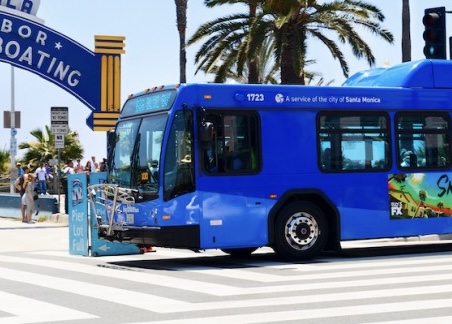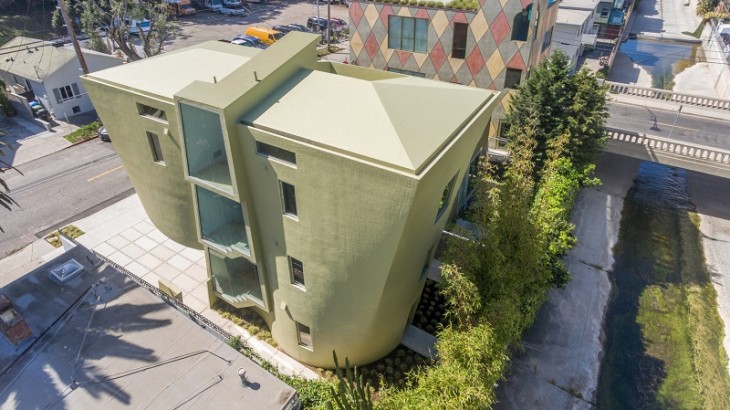A sense of certainty that recreational, random marijuana use will be legalized, regulated and taxed in California after next month’s election lies behind the millions of dollars invested so far in Proposition 64, which would allow adults to grow, buy and possess pot. No more medical marijuana ruses.
The sense of inevitability stems partly from the experiences of Colorado and Washington state, where cannabis can be had anytime in very many places and is regulated somewhat like cigarettes. In short, not much. Polls now show between 55 and 60 percent of likely voters favor complete legalization, and national polls indicate almost exactly half of all Americans also want that. Support for freedom to use the weed has never been higher.
So it’s no wonder hundreds of millions of dollars have been invested in marijuana farming equipment and land over the last year, not to mention the $6 million-plus former Facebook president Sean Parker has spent on the initiative. Greed also spurs entrepreneurs to develop a range of cannabis products from caramels to cancer pain suppressors. Some outfits talk of becoming the Uber of pot, the Starbucks of joints.
But wait a minute. Things just might not be as certain as they seem.
Plenty of ballot initiatives have begun with seemingly insurmountable leads in the polls and then lost. Most recently, there was the proposed off-reservation Indian casino intended for Madera, voted down in 2014. It was the only time in more than half a century that Californians voted against expansion of gambling. Historically, 83 percent of all initiatives that appear on California ballots lose.
Proposition 64, one of 17 initiatives on the current ballot, could end today’s hodgepodge of medical marijuana regulations, which differ greatly from city to city, county to county.
It would make irrelevant the weakness in the original 1996 Proposition 215, which authorized medipot use and sales with nothing more than a doctor’s recommendation. Not a prescription, like other drugs. Just a recommendation, and those can be obtained very easily and casually, sometimes right in pot shops sporting big green-cross signs.
So in reality recreational pot has been all but legal in California for two decades. Almost any adult can get a medical marijuana recommendation and buy cannabis products legally; existing pot shops having few licensing or quality control restrictions. If the new measure passes, it would allow anyone over 21 to use, grow and purchase the weed, with the state licensing businesses that grow and sell marijuana products. Those same shops could not sell liquor or tobacco, as some do now. But the regulation would fall far short of anything like the Alcoholic Beverage Control (ABC) stores long operated in North Carolina, Pennsylvania and 16 other so-called “control” states that decades ago took over the liquor trade within their boundaries.
Instead of citizens buying booze in grocery stores, liquor stores and elsewhere, in those states all hard liquor purchases are made in government stores with profit margins lower than elsewhere. Some of them allow beer and wine sales in other stores. That can be inconvenient for drinkers, but it allows tight regulation of who imbibes the strongest beverages.
One alternative pot regulation measure sought something similar for California early in the process of qualifying initiatives for this ballot. But even the current measure provides for packaging standards and other regulations.
In short, some aspects of the Wild West approach to the weed now seen in a few parts of California would end. But other hard to control actions linked to pot would likely persist, like the booby traps and armed bands that protect some pot plots.
Smoking while driving would be forbidden, but it would be up to the Legislature and local governments to set standards for how much pot can be smoked before driving and to make other key rules.
In short, this is a sort of compromise. While pot would be legal, it would not be unregulated as it is now, with non-medically-related sales de facto having no restrictions at all despite laws to the contrary. And that means there’s at least some potential for throwing monkey wrenches into the many ongoing speculative plans for making millions off marijuana users in California.


























